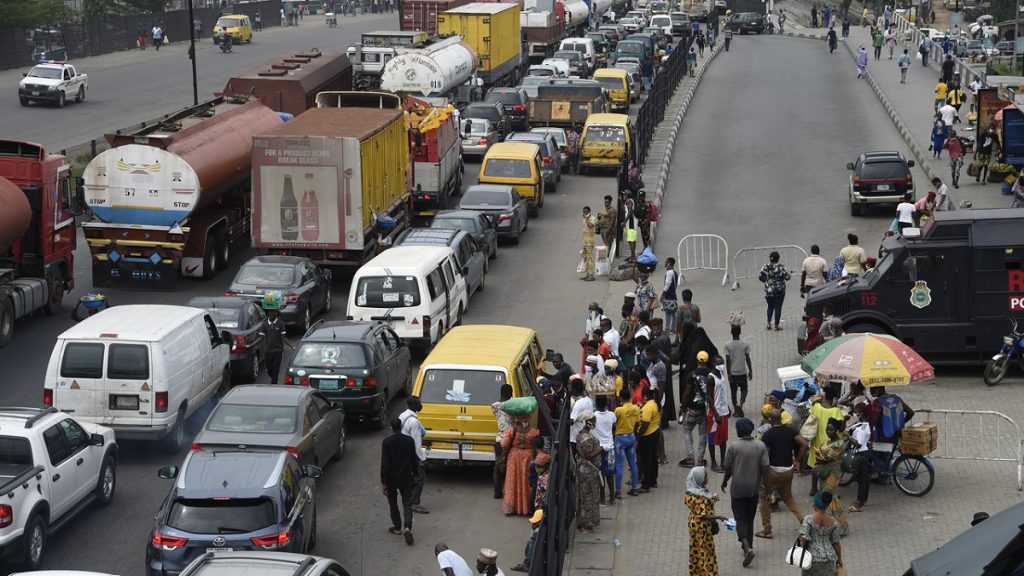The World Bank has stated that the reforms implemented by Nigeria’s government are crucial but have placed significant pressure on its citizens, more than 50% of whom are living in poverty.
Since assuming office in May 2023, President Bola Ahmed Tinubu has introduced measures to rejuvenate the economy of Africa’s most populous nation.
These measures encompass the liberalisation of the Nigerian currency, naira, and the reduction of fuel subsidies, which had allowed the government to maintain low fuel prices for decades.
“The new policy direction is essential, but in the short term it has added to already intense pressures on households and firms,” the World Bank said in a report published on Thursday.
Nigeria has experienced one of its most severe economic crises, with inflation surpassing 30%, reaching a three-decade high, and the cost of petrol increasing by over fivefold since Tinubu assumed office. According to the World Bank, poverty has increased, affecting more than half of the population over the past six years.
“Since 2018, the share of Nigerians living below the national poverty line is estimated to have risen sharply from 40.1% to 56.0%,” it said, adding that 129 million are now living in poverty.
The World Bank stated that multiple issues have contributed to the surge, citing “the Covid-19 recession, natural disasters such as flooding, growing insecurity, the high cost of the demonetisation policy in Q1 2023, high inflation and low economic growth”.
The report states that the urban population living in poverty has nearly doubled from 18 to 31.3%.
“Headline inflation is anticipated to peak at an average annual rate of 31.7% in 2024, largely driven by the depreciation of the naira and increased gasoline prices,” it said.
The World Bank has projected that inflation will decrease from 32.7% in September to 14.3% by 2027, owing to the government’s macroeconomic reforms.
Additionally, the organisation emphasised the necessity for the government to generate employment opportunities, considering that two-thirds of Nigerians are under the age of 25.

